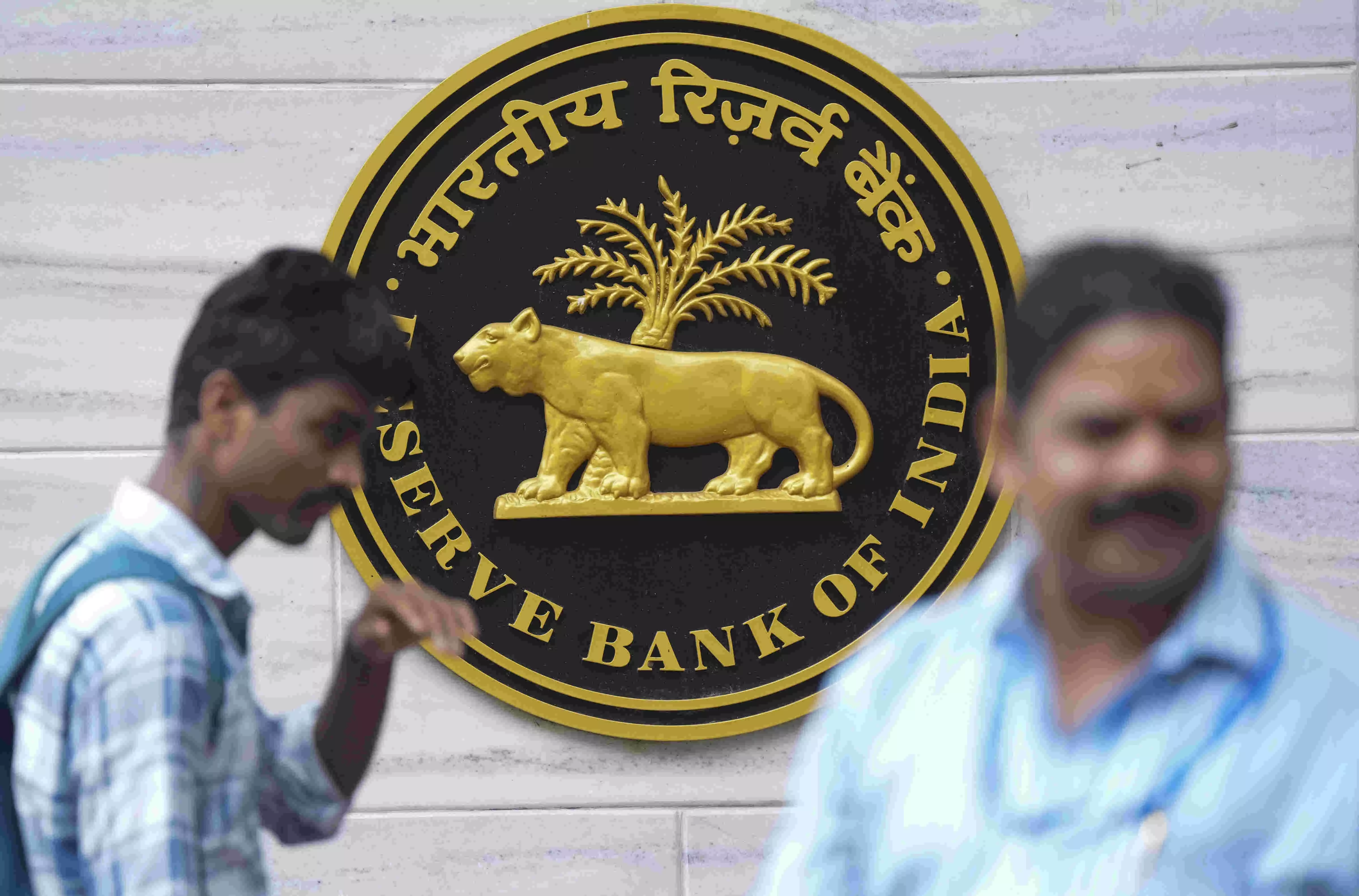Simplifying Access

The Reserve Bank of India’s recent announcement to standardise and simplify the procedure for settling claims related to deposit accounts of deceased bank customers is both timely and necessary. At present, grieving families often face considerable procedural hurdles and inconsistent policies when attempting to access the funds or valuables of the deceased. This patchwork of varying norms across banks adds to their distress, prolonging the resolution process and delaying much-needed financial relief. The central bank’s move to create a uniform process across all institutions is a decisive step towards enhancing customer service, promoting financial dignity, and fostering trust in the banking system.
While the Banking Regulation Act, 1949, has long provided for nomination facilities on deposit accounts, safe custody articles, and lockers, its intended benefits have often been undermined by fragmented implementation. Nominees, survivors, and legal heirs are frequently made to navigate a maze of bank-specific documentation, unclear timelines, and sometimes even arbitrary demands from branches. The RBI’s decision to issue a draft circular for public consultation signals a commitment not just to regulatory reform, but also to participatory governance. By encouraging public input, the RBI ensures that the standardisation framework reflects on-the-ground realities and serves all stakeholders, especially ordinary citizens who are not legally trained or financially sophisticated. Furthermore, the move aligns with a broader push to digitise and simplify interactions between the public and financial institutions, reducing friction and making banking more human-centric.
The second major announcement — enabling auto-bidding in Treasury bill investments through the RBI’s Retail Direct platform — represents another vital reform geared towards deepening financial inclusion. Since its inception in 2021, the Retail Direct portal has made it easier for individual investors to access the government securities market. With the addition of auto-bidding for both fresh investments and reinvestments in T-bills, the RBI has taken a progressive step in making public debt markets more accessible and user-friendly. This not only empowers retail investors by automating their engagement with sovereign instruments but also brings consistency to their long-term investment strategies. Such measures reinforce investor confidence and broaden retail participation in secure financial instruments — an essential foundation for building a more financially resilient middle class. The launch of the Retail Direct mobile app in May this year has already pushed the scheme further into the digital mainstream; the new features announced only cement that trajectory.
These developments from the RBI, taken together, reflect an institutional commitment to improving everyday financial experiences for Indians. On one hand, the reforms address the emotional and logistical complexities faced by families during bereavement; on the other, they promote disciplined and simplified participation in sovereign financial products. The combination of empathy and efficiency in policymaking is crucial. India’s financial infrastructure must evolve not only to support rapid economic growth but also to ensure that its systems work humanely and reliably in times of personal crisis or opportunity. As the RBI continues to refine its customer service mandates and technology platforms, the overall ecosystem will become more agile, equitable, and user-focused. These changes may seem incremental, but they represent foundational reforms that carry significant implications for trust in institutions and the quality of citizen engagement with the state.



